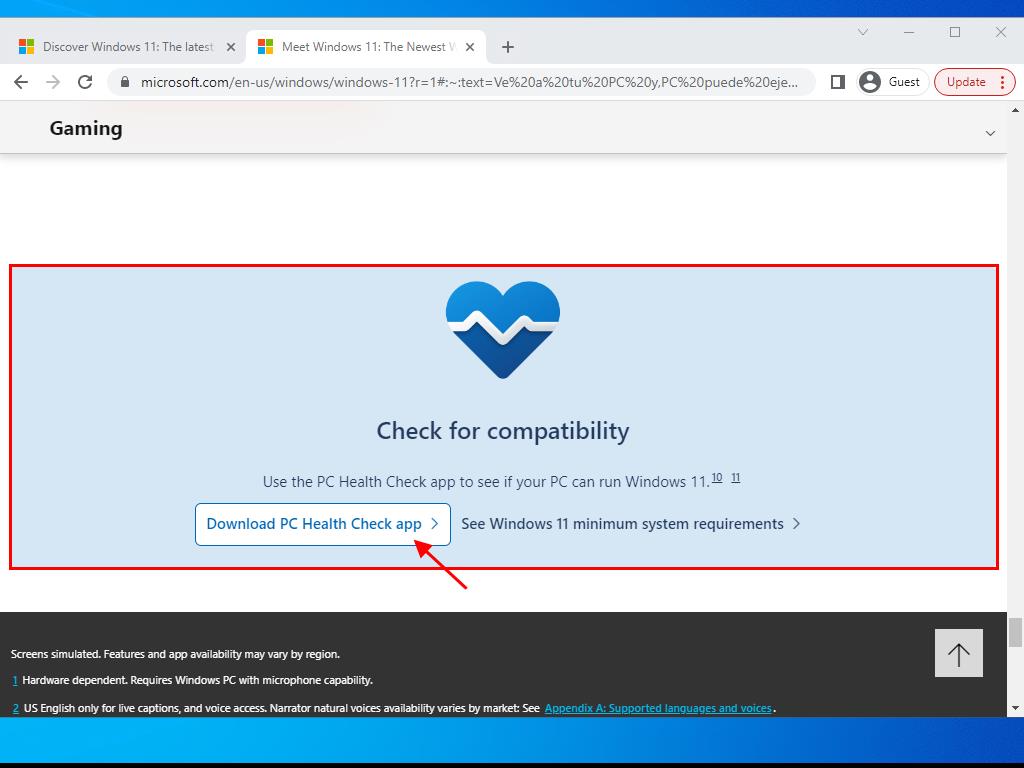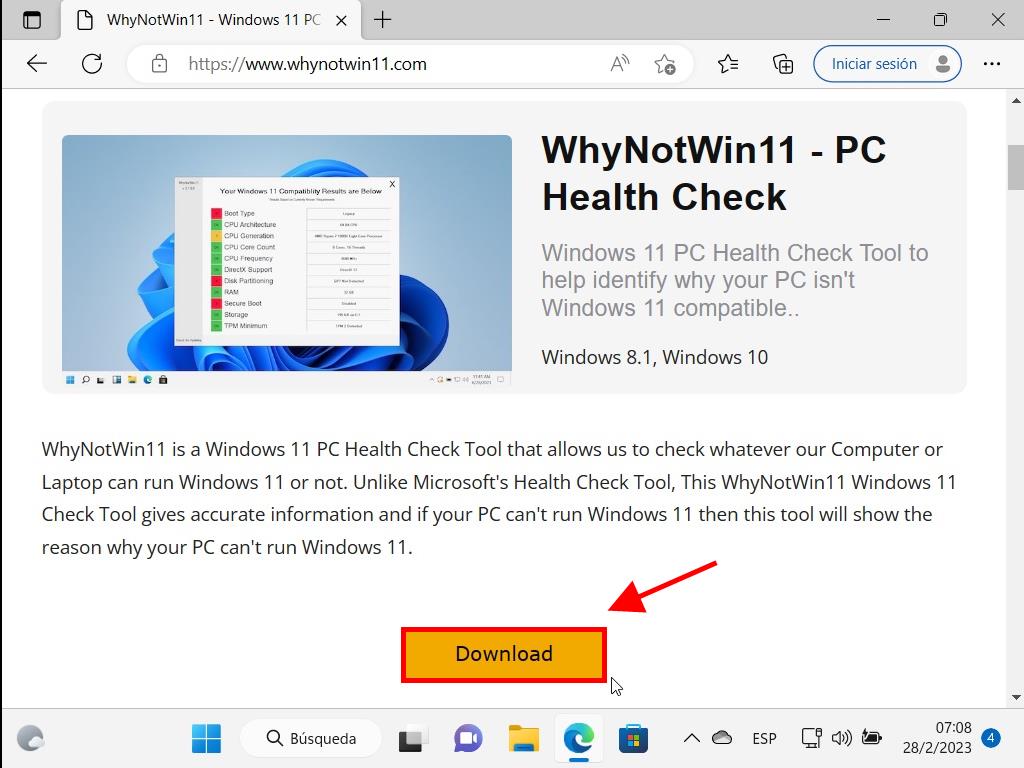Checking Windows 11 Compatibility for Your Computer
Here are the basic hardware requirements necessary for upgrading to Windows 11 on your computer.
- Processor: A minimum speed of 1 gigahertz (GHz) with at least two cores on a compatible 64-bit processor or System on a Chip (SoC) is required. (For instance, processors such as Intel Core i3, i5, i7 from the eighth generation onwards).
- RAM: 4 gigabytes (GB).
- Storage: A storage device of 64 GB or more.
- System firmware: Must support UEFI with Secure Boot capability.
- TPM: Must have Trusted Platform Module (TPM) version 2.0.
- Graphics card: Must be compatible with DirectX 12 or later and include a WDDM 2.0 driver.
- Display: Requires a high-definition (720p) screen, at least 9 inches diagonally, supporting 8 bits per color channel.
- Internet connection and Microsoft account: Both Windows 11 Pro for personal use and Windows 11 Home necessitate an internet connection and a Microsoft account for initial PC setup.
If your computer does not satisfy these prerequisites, installing Windows 11 may not be possible. However, you can use the following tools to assess compatibility:
- PC Health Check: This Microsoft-provided tool helps determine if your computer is suitable for Windows 11. Download it free here, open it, and run the assessment.
- WhyNotWin11: This application, available for free download, informs you of your PC's compatibility status with Windows 11. Get it here and check your compatibility.


Note: The WhyNotWin11 application displays a checklist of features necessary for Windows 11 installation. Features marked in green meet the requirements, red indicates they are not met, and amber signals that the current criteria might not be met, though they could be sufficient for the final requirements.
Note: For further details about your PC’s compatibility with Windows 11, please contact your device's manufacturer directly.
 Sign In / Sign Up
Sign In / Sign Up Orders
Orders Product Keys
Product Keys Downloads
Downloads

 Go to notfound
Go to notfound